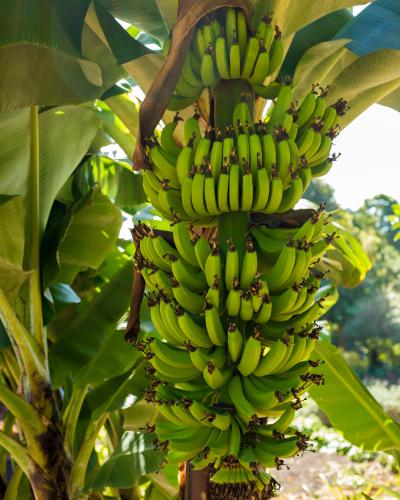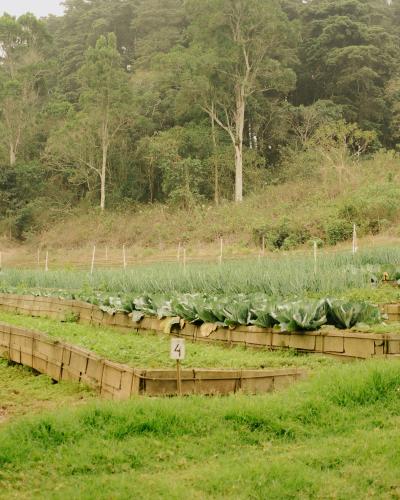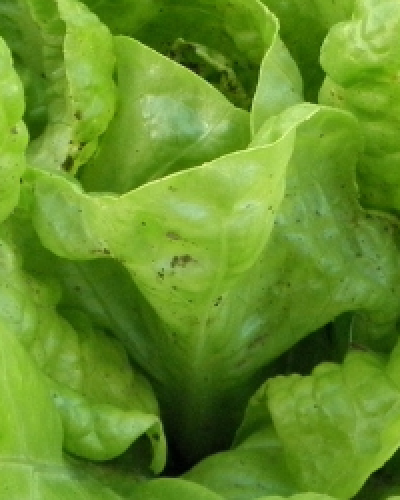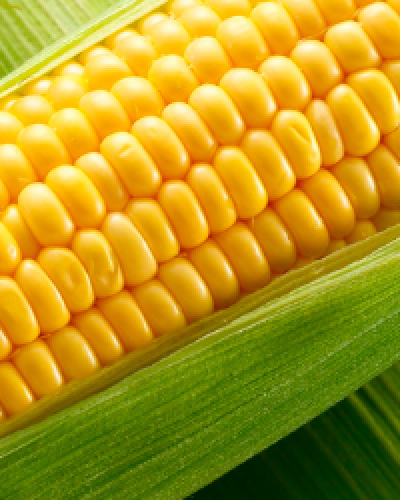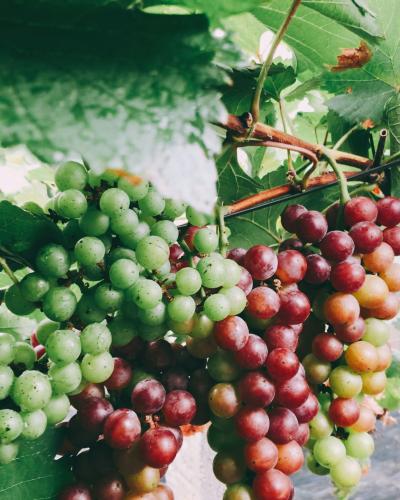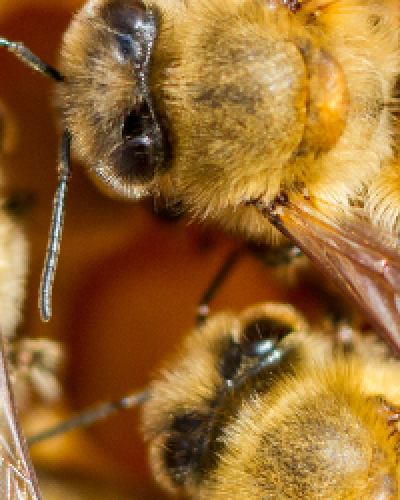Though herbicides like glyphosate are widely used in the conventional production of bananas, their long-term impacts on soil...
Dec 08, 2025
An article published in the Journal of Cleaner Production found that dedicating a larger share of farmland to organic reduces...
Oct 01, 2025
A Lithuanian study published in Water found that relative to intensive conventional production, organic practices significantly reduce water pollution in ecosystems adjacent to farms. By limiting...
Sep 12, 2025
A recent review paper from Ecosystem Services found that regenerative organic agriculture (ROAg) has significant positive effects on soil health. Authors established that 64% of the soil ecosystem...
Sep 03, 2025
A comprehensive national study published in Frontiers in Cancer Control and Society has found strong associations between...
Aug 20, 2025
A recent study investigating practices in managing powdery mildew has found that a combination treatment effectively controls...
Aug 06, 2025
A new study published in Soil & Tillage Research highlights the beneficial role of a specific soil fungi, arbuscular...
Jul 23, 2025
A new study from Guanajuato, Mexico published in the journal Agriculture found that grapes grown under organic management...
Jul 16, 2025
A 2025 study published in Environmental Health provides some of the strongest evidence to date that glyphosate and glyphosate-based herbicides (GBHs) pose a significant cancer risk. The research...
Jul 02, 2025
A comprehensive three-year study published in Nature has shown that organic beekeeping practices can maintain honeybee...

